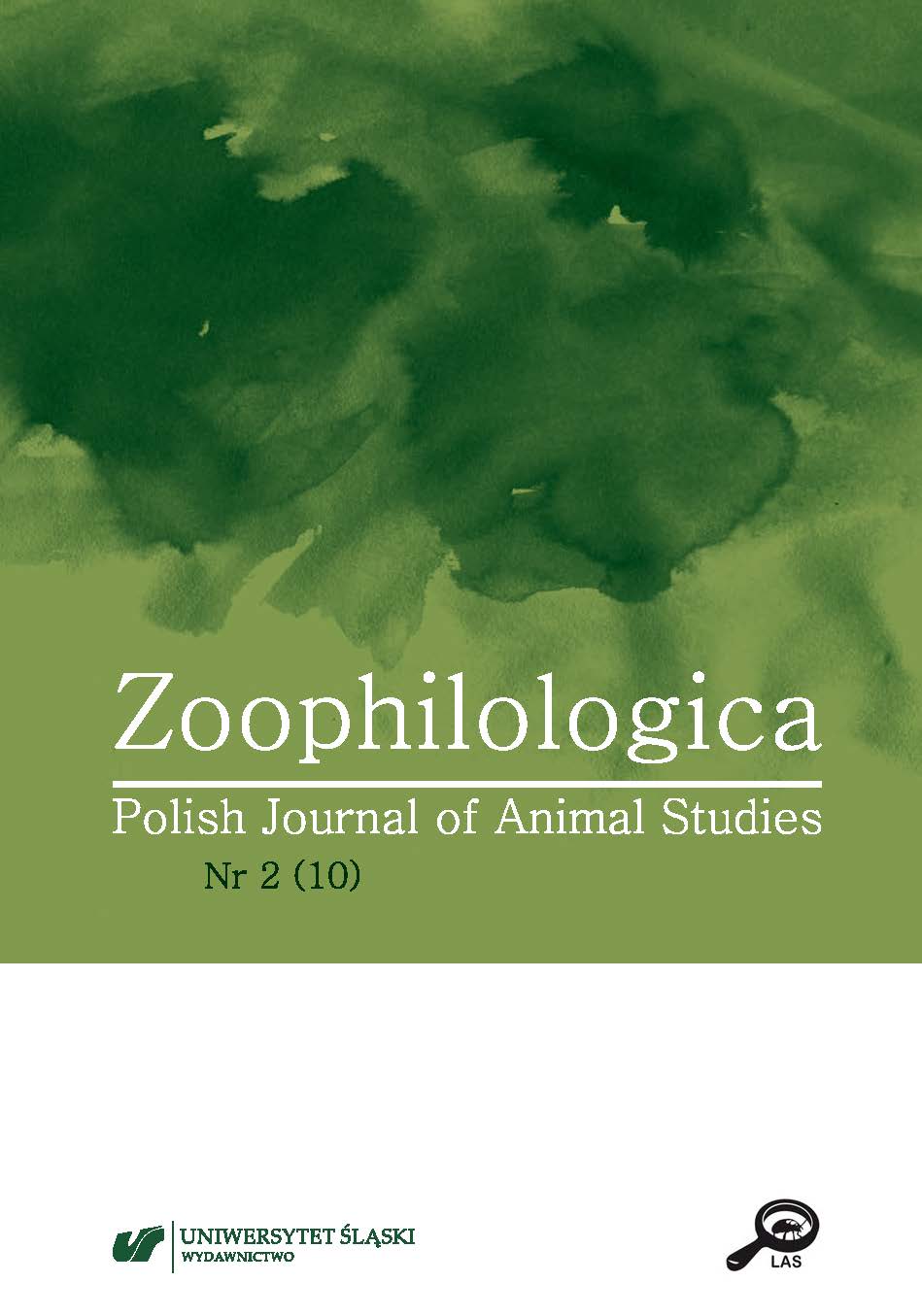Szczur w badaniach psychologii społecznej i w naukach kognitywnych. Bestia sacer czy istota motywowana moralnie?
The Rat in Social Psychology Research and in Cognitive Sciences. Bestia sacer’ or a Moral Subject?
Author(s): Zbigniew SłuszkiewiczSubject(s): Philosophy, Logic, Ethics / Practical Philosophy, Cognitive linguistics, Philosophy of Mind, Culture and social structure , Cognitive Psychology, British Literature
Published by: Wydawnictwo Uniwersytetu Śląskiego
Keywords: animal ethics; rat; bestia sacer; cognitive science; Mark Rowlands
Summary/Abstract: Rats have accompanied human habitats for millennia. This complicated coexistence has led to the development of culture-laden narratives that excluded these creatures from the sphere of human moral care. Currently, the existential standing of the genus Rattus appears paradoxical. Contemporary free-living rats are among animals that are widely despised and subject to the most intense extermination. At the same time, due to their social nature and neural structure that is homologous to a large extent to Homo sapiens, they serve as models for research into human psychological properties. Recently, the accumulation of discoveries regarding many nonhuman species’ cognitive abilities has reignited ethical debate about the welfare and even the rights of “higher” animals. However, rats remain outside its mainstream focus. Meanwhile, based on research on rodents one may arrive at the image which is contrary to common beliefs about rats. The article presents the stereotypical views of rats’ social status obtained from research on the perception of social groups in accordance with the warmth and competence dimensions of Susan Fiske’s Stereotype Content Model. Then, Mark Rowlands’ concept of a moral subject is presented. Against this backdrop, a review of the latest findings of cognitive sciences regarding the properties of the Rattus species is carried out, in order to confront those research findings with Rowlands’ concept. The article aims to underscore the contradiction between the tereotypical perception of the rat and the empirical data, to finally indicate fundamental ethical implications of such a state of affairs.
Journal: ZOOPHILOLOGICA. Polish Journal of Animal Studies
- Issue Year: 2/2022
- Issue No: 10
- Page Range: 1-70
- Page Count: 70
- Language: Polish

